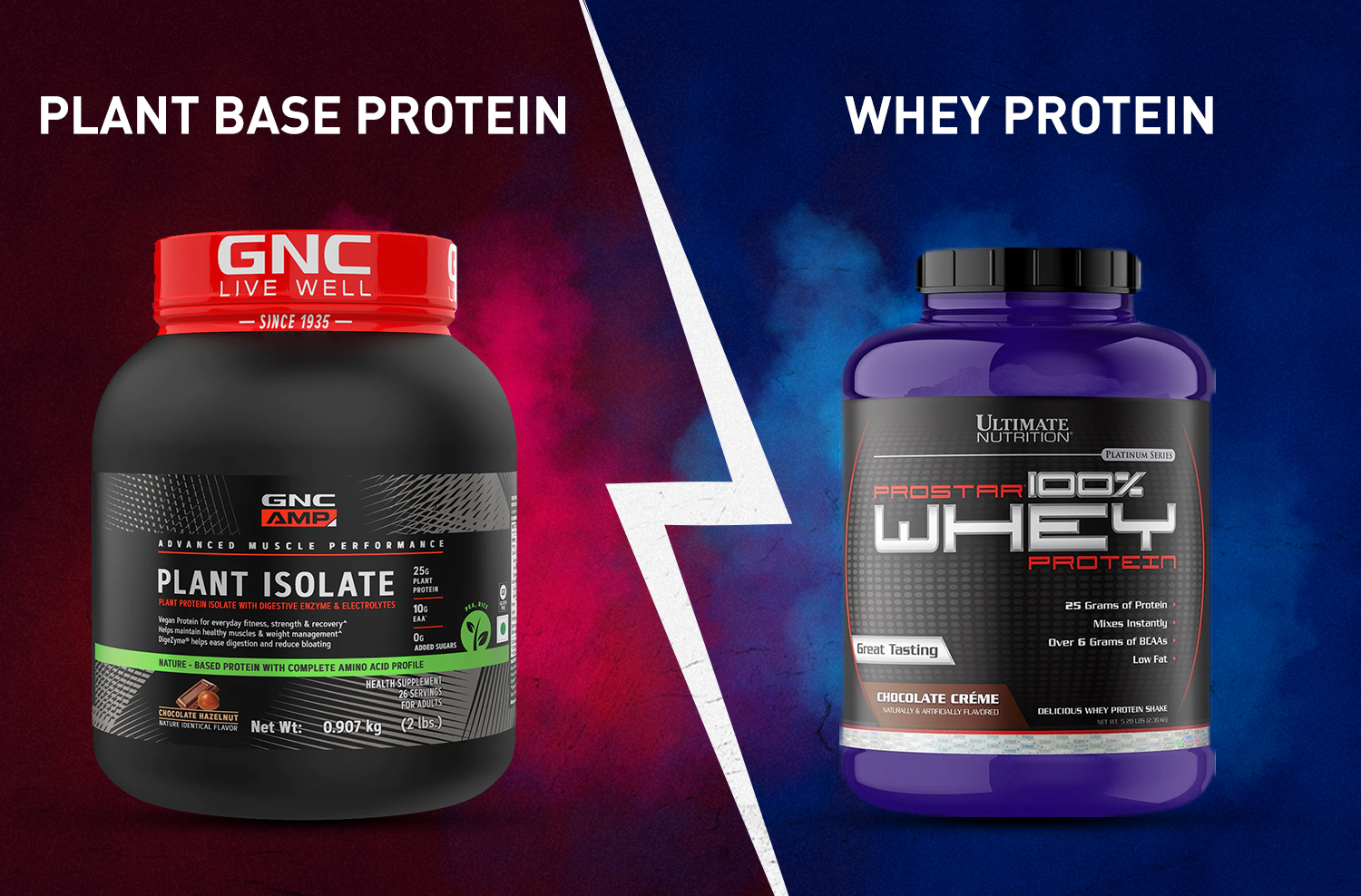In the world of fitness and nutrition, the debate about the best source of protein is a persistent one. Two major players in this discussion are plant-based proteins and whey proteins. But which one is superior? The answer may surprise you, and like most things in nutrition, it’s not as simple as one being “better” than the other.
Definition of Proteins
Importance of Proteins
Proteins are essential macronutrients, crucial for body structure, function, and regulation. They’re vital for muscle growth and repair, hormone production, immune function, and overall health. The human body requires 20 different amino acids, nine of which are considered essential, meaning they cannot be produced by our bodies and must be obtained from our diet.
What is Plant-Based Protein?
Plant-based protein comes from a variety of food sources like legumes, nuts, seeds, and whole grains. These proteins can be just as effective as their animal-based counterparts for meeting your daily protein needs, depending on the quality and combination.
Types of Plant-Based Proteins
There are numerous types of plant-based proteins including soy, pea, hemp, and rice proteins. All have their unique benefits and differ in their amino acid profiles.
Benefits of Plant-Based Protein
Plant-based proteins are packed with fibre, antioxidants, and phytonutrients that can support your health. They are also typically lower in saturated fats and are free from hormones and antibiotics found in some animal-based proteins.
What is Whey Protein?
Whey protein is a complete protein derived from milk during the cheese-making process. It’s popular in the fitness community due to its quick absorption rate and high essential amino acid content.
Types of Whey Protein
There are three main types of whey protein: concentrate, isolate, and hydrolysate. Each type undergoes a different level of processing, impacting the protein content and digestibility.
Benefits of Whey Protein
Whey protein supports muscle growth, aids recovery, and can contribute to a strong immune system due to its high concentration of branched-chain amino acids (BCAAs) and other essential nutrients.
Plant-Based Protein vs. Whey Protein: A Comparative Analysis
Nutritional Value Comparison
Both plant-based and whey proteins can fulfil your protein needs. However, some plant proteins may lack one or more essential amino acids. Combining different plant proteins can resolve this issue.
Digestibility and Absorption
Whey protein is quickly absorbed, making it ideal post-workout. Plant proteins digest at a moderate pace, providing a steady release of amino acids.
Allergy and Intolerance Issues
Whey is a dairy product and can cause issues for those with lactose intolerance or a milk allergy. Plant proteins are usually a safe alternative for those with such dietary restrictions.
Environmental Impact
From an environmental standpoint, plant proteins have a lower carbon footprint compared to whey, making them a more sustainable choice.
Who Should Choose Which?
The choice between plant-based and whey protein depends on individual goals, dietary restrictions, allergies, and personal values. Both have their unique benefits and can effectively help in meeting your protein requirements.
Frequently Asked Questions
1. Is whey protein or plant protein better for muscle gain?
Both can contribute to muscle gain if paired with regular resistance training. However, whey protein is rapidly absorbed, making it a popular choice for post-workout recovery.
2. Can plant-based protein support weight loss?
Yes, plant-based proteins are typically high in fibre, helping you feel fuller longer, which can aid in weight management.
3. Is whey protein safe for everyone?
While whey protein is generally safe for most people, those with dairy allergies or lactose intolerance should avoid it or opt for a lactose-free version.
4. Can I mix different types of plant-based proteins?
Yes, combining different plant-based proteins can ensure you get all the essential amino acids your body needs.
5. Which protein source is more environmentally friendly?
Plant-based proteins typically have a lower environmental impact compared to whey protein.
Conclusion
When it comes to plant-based protein vs. whey protein, there is no definitive winner. Both types of protein have their strengths and can provide the necessary nutrients to support your health and fitness goals. The best choice will always depend on your personal needs and preferences.




